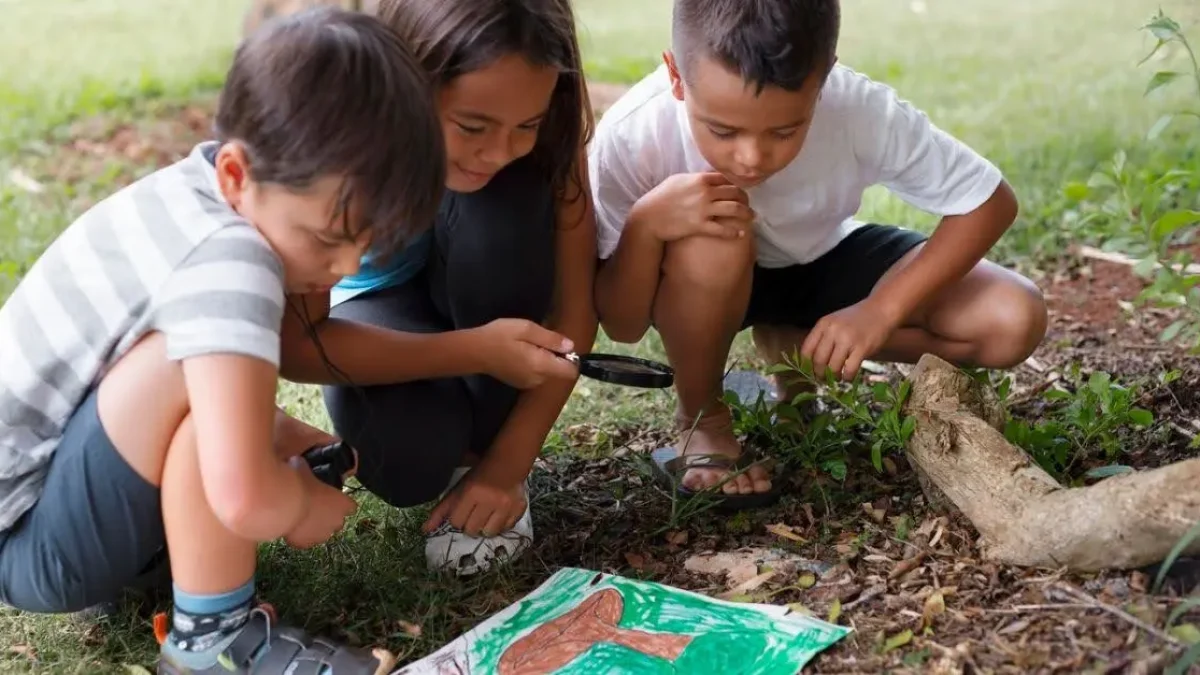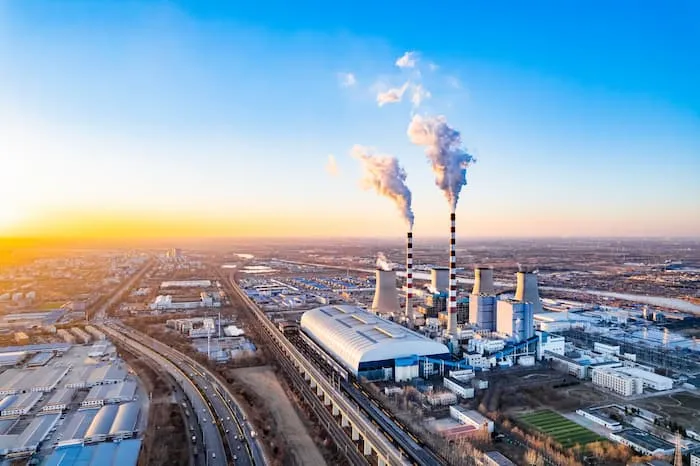PIHRO’s environmental initiatives align with SDGs, recognizing that a healthy environment is a prerequisite for sustainable development, public health, and economic stability. Our programs combine community awareness, grassroots action, and technical guidance to address environmental degradation across Pakistan, including fragile ecosystems and underserved regions.
Conducted nationwide seminars and workshops to promote environmental protection, reaching rural, urban, and cross-border audiences. Topics included sustainable natural resource management, the role of citizens in reducing pollution, and adaptation to climate change impacts.
Delivered awareness sessions in underserved communities on the importance of environmental stewardship, linking conservation to improved health, livelihoods, and disaster resilience.


Organized public walks and campaigns to highlight the dangers of water, air, and noise pollution, advocating for clean water initiatives, waste management reforms, and stricter air quality controls.
Delivered expert-led workshops on the negative impacts of pollution on human health, productivity, and overall quality of life, with special focus on vulnerable populations such as children and the elderly.
Hosted technical workshops on industrial pollution control, targeting factory owners, managers, and environmental inspectors. Discussions included practical measures for reducing toxic emissions, waste treatment solutions, and compliance with environmental regulations.


Organized tree plantation campaigns across various agencies and Frontier Regions (FRs), underscoring the role of forests in combating climate change, reducing soil erosion, and improving air quality.
Distributed saplings and native plant species through PIHRO’s regional offices, encouraging community-led afforestation projects.
Conducted community programs on the ecological importance of birds and animals, promoting wildlife conservation as a key component of environmental balance.
Provided consultations and feasibility studies for the construction of water reservoirs in suitable locations within Khyber Pakhtunkhwa (formerly NWFP) and FATA, aiming to improve water security and reduce environmental stress.


Introduced community workshops on creating and maintaining a hygienic environment, focusing on waste disposal, clean water usage, and sanitation systems to reduce disease transmission and improve living standards.
Initiated an environmental survey program in collaboration with volunteer field workers to collect data on local environmental challenges, supporting evidence-based policy recommendations.
